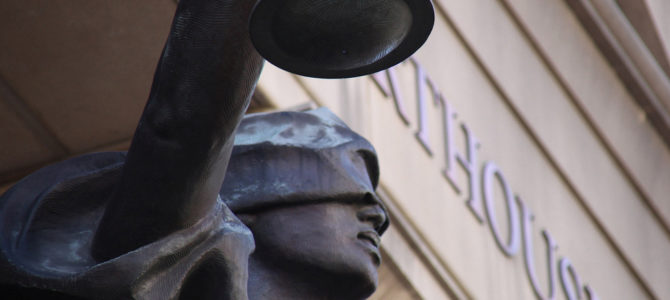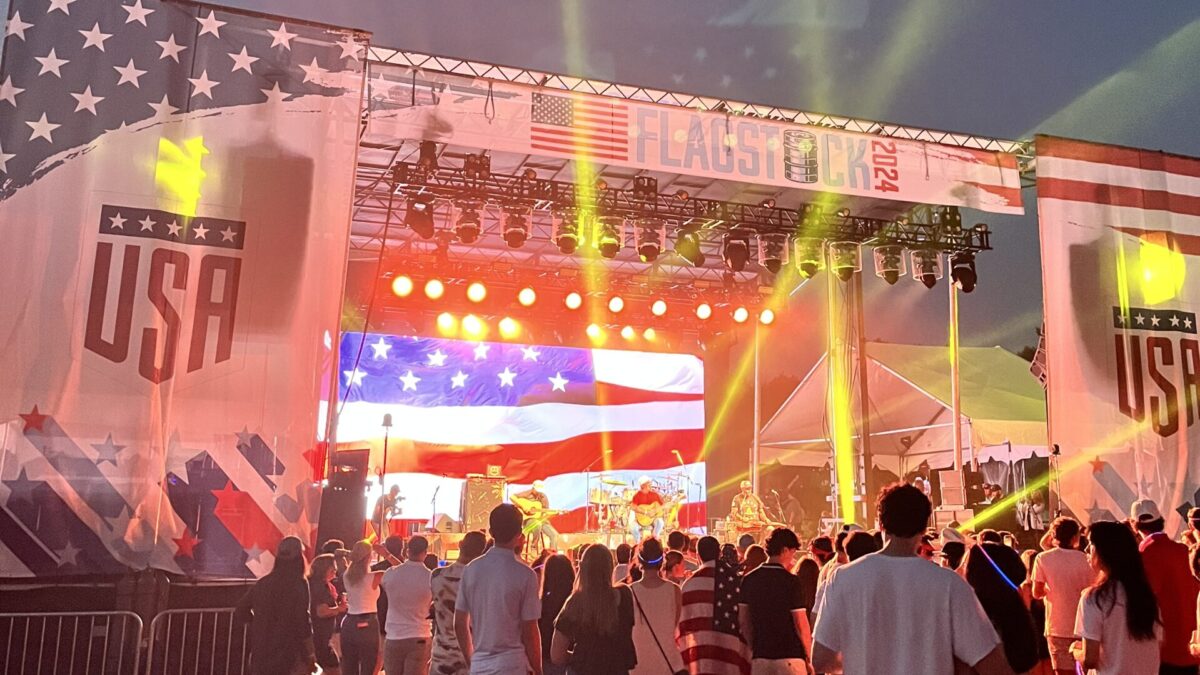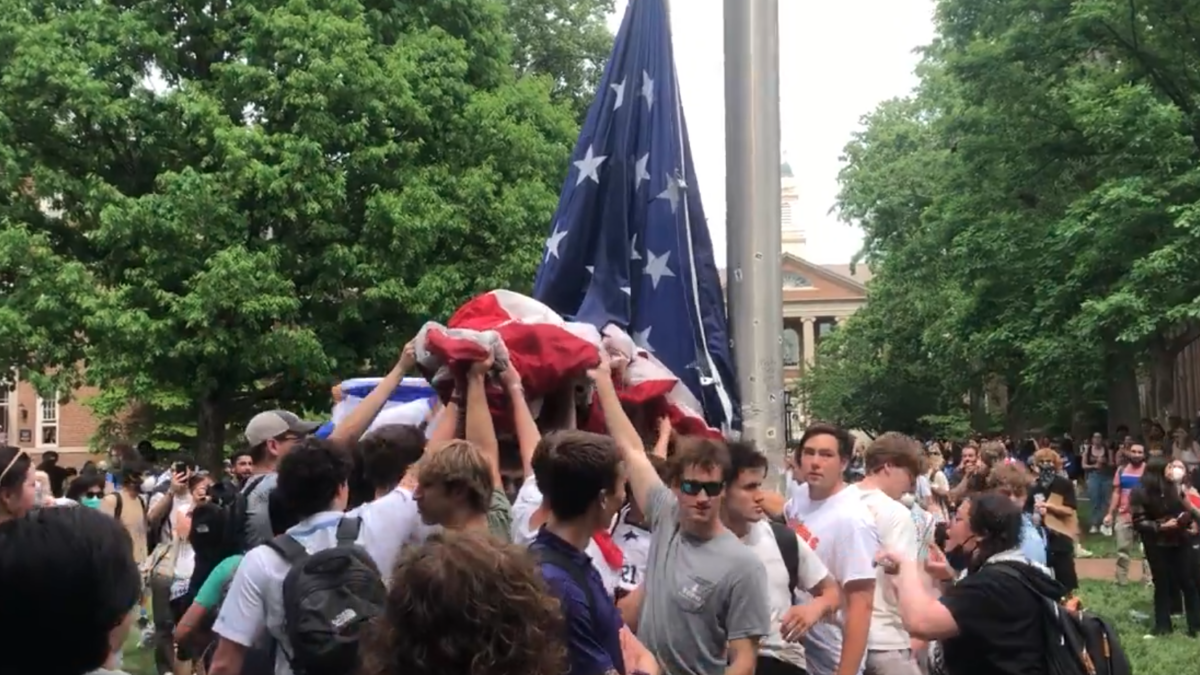
Cornell University is so bad at conducting sex assault and harassment investigations that 23 professors from its law school have filed a brief in court to require the school to follow its own policies.
Cornell, apparently in its zeal to appease the media and culture created by the Obama administration, is denying male students accused of sexual assault proper due process procedures, according to multiple lawsuits against the university. Now, a third of its law school professors are defending one of those students who filed a suit.
Colleges and universities typically fall back on the defense that at least they followed their own policies when denying a male student due process rights. But Cornell isn’t even doing that. Professor Sheri Lynn Johnson, who filed the brief, asserts that Cornell didn’t provide an accused student the right “to test his accuser’s account of events and credibility by having a disciplinary hearing panel ask his accuser proper questions that he proposes,” which is granted to students in Cornell policy.
Although the brief specifically addresses this policy in one case, the professors note they are “concerned more generally with whether Cornell respects this and other procedural protections in its Title IX policy going forward and whether courts properly interpret the policy.”
The specific case included in the brief involves the pseudonymous John Doe and his accuser, referred to as Sally Roe. Sally made inconsistent statements throughout the investigation and hearing, and even though John submitted questions to the hearing panel to be asked of her, none of his questions were asked.
Cornell policy requires the Hearing Chair to “approve in substance all questions or topics that are relevant and that are not prohibited by these procedures or applicable laws, unduly prejudicial, or cumulative of other evidence.” John’s questions pertained to Sally’s inconsistent statements and witness claims that she told people before the party that she wanted to meet someone new and possibly sleep with someone that night, as she had recently broken up with her boyfriend.
Sally changed the amount of alcohol she drank on the night of the incident. She initially told police that she didn’t think she drank enough to not remember consenting to sex (indicating she thought she may have been drugged, though a toxicology report proved she wasn’t). She told Cornell’s Title IX investigators that she five or six shots of vodka in mixed drinks within a short period of time and didn’t remember much about the party. Finally, during the hearing, her claims escalated again, now insisting that she drank so much that her blood alcohol content was in the “death range,” according to the brief.
Sally also escalated the amount of pain she felt during and after the sexual intercourse throughout the investigation. She told hospital personnel the day after the party that she felt a “0” on the pain scale of 10. She then told campus investigators that her experience “was extremely painful, more so than anything I have ever felt before” and had “never experienced anything that painful.” She also claimed she had “a lot of damage” to her vaginal area, yet medical records showed only “minor” and “superficial” injuries, including a single vaginal tear that could have been caused by the medical exam. An expert witness claimed her injuries were consistent with consensual sex.
Yet none of John’s questions about Sally’s claims were asked. In fact, Sally was asked no questions at all about these topics of her testimony at the hearing. John was allowed to submit additional questions after Sally testified, and he did so (they were about her changed statements at the hearing), but none of these relevant questions were asked.
John was found responsible and suspended for two years. The New York Supreme Court determined that Cornell “substantially complied” with its policy and dismissed John’s lawsuit. John appealed, and now the law professors have stepped in to help.
These 23 law professors join a lengthy list of legal scholars who have also criticized their schools and Title IX policies for unfair bias against accused students. Starting in October 2014, law professors from across the country have been calling out unfair practices. Back then, 28 Harvard Law professors — including President Barack Obama’s mentor Charles Ogletree — wrote a letter published in the Boston Globe denouncing the school’s anti-due process policies.
In early 2015, 16 University of Pennsylvania law professors penned a letter criticizing their school’s attempts to undermine due process with biased investigations. And in May 2016, 21 law professors from across the country signed a letter to the Education Department’s Office for Civil Rights critical of the Obama administration’s policies toward sexual assault, which ushered in the era of denied due process rights. Nearly one year later, in March 2017, the American College of Trial Lawyers put out a white paper insisting on the importance of due process in campus proceedings.
Yet we are still seeing lawsuits from accused students who were denied basic rights and fairness in their hearings, all in an attempt for schools to avoid the bad publicity and lawsuit from an accusing student.









